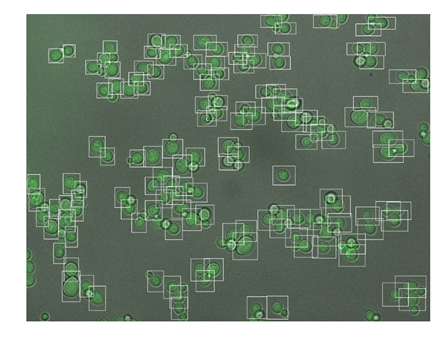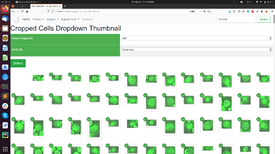Imaging technologies concern the sensor and hardware-related components of medical diagnostics systems. However, much more is needed to deliver actionable, reliable and explainable diagnostics. During the last decade, there has been a revolution in advanced deep neural networks, specifically when it concerns 2D and 3D image analysis, semantic segmentation, classification and prediction. This has created a number of impressive breakthroughs in diagnostics, from radiology to microscopy.
Data Science
However, the new algorithms in AI require specific expertise & research skills in order to deliver. At the same time, the algorithms of artificial intelligence and machine learning need to be deployed in operational systems. This requires know-how from data science and data engineering, allowing for the massive processing of large, sometimes massive amounts of 2D and 3D, spatiotemporal data. Additionally, in the final analyses of data, advanced traditional statistics and visualization are needed to aid users in decision making. The necessary fundamental knowledge is present within the Data Science and Systems Complexity center at the Faculty of Science & Engineering of the University of Groningen. The centre has brought together seventy researchers from mathematics, engineering, computer science and artificial intelligence, working on several application domains in astronomical image processing, in biology and pharmacology and, last but not least, the medical application domain.


Fig. 1. Web-based labelling of cell types allows for interactive deep learning (training) using high-performance computing on an e-Science server. In the example, simultaneous detection and classification was reached using the Yolov4 algorithm, with 98% accuracy in seven cell classes (Asma Haja, PhD project). In more simple classifications, accuracies of close to 100% could be reached with mutant/non-mutant yeast cells, even when obtained over different lab analysts (Maas, Jonathan,2020. Detecting Peroxisome-Protein Interactions using Deep Learning in Fluorescence-Tagged Microscopic Cell Images. Master’s Thesis, Artificial Intelligence, University of Groningen).
Current topics in data science
- Deep-learning based image segmentation and classification
- 3D (voxel) based image analysis for MRI and fMRI
- Huge-image processing challenges
- Explainable machine learning
- Visualisation and analytics
- Mathematical modelling of non-linear dynamics
- Problems in complex systems & control





